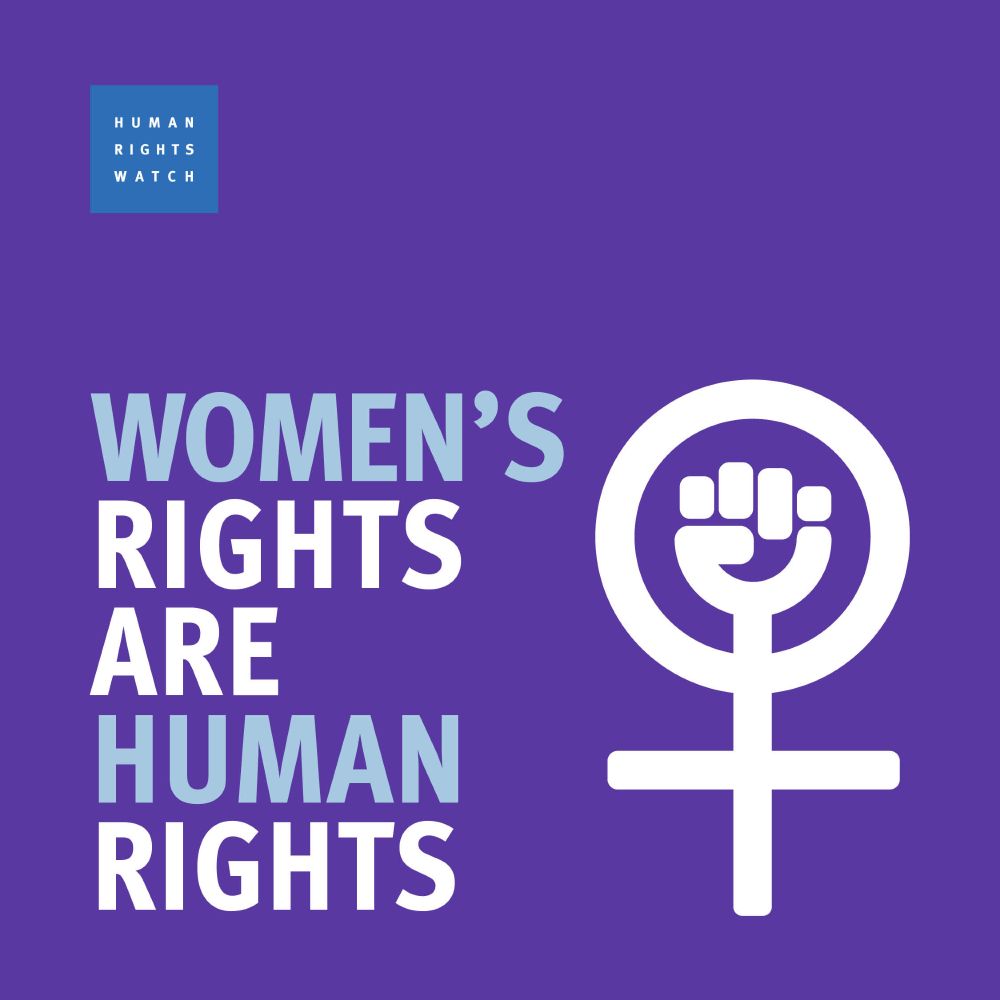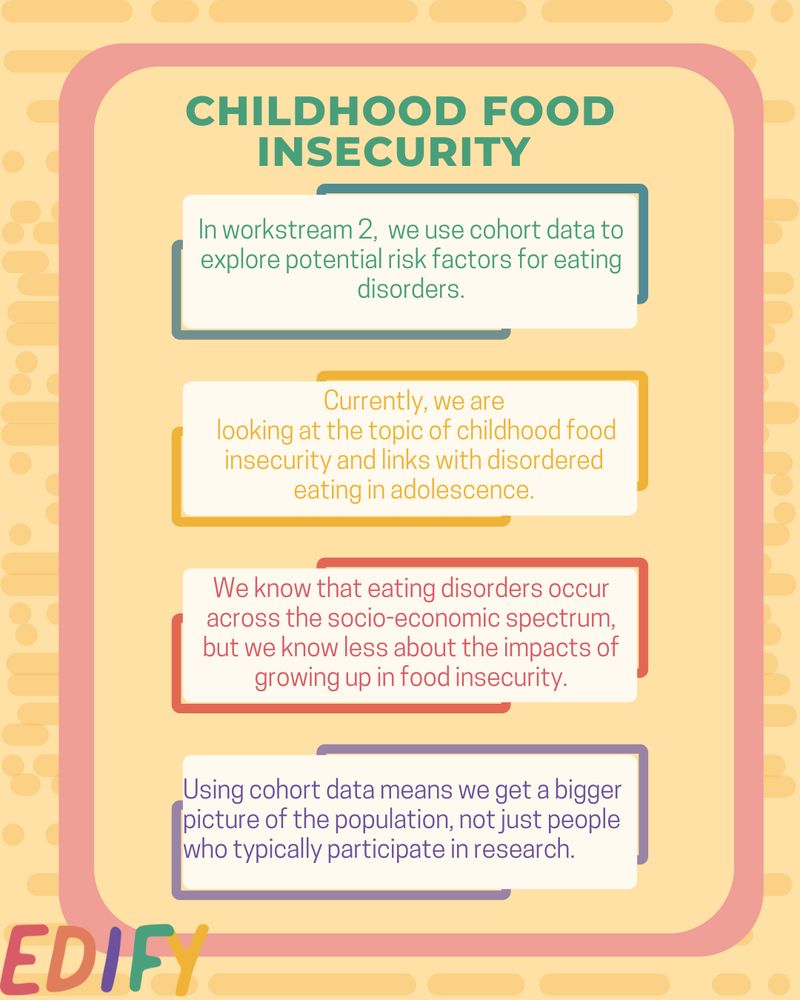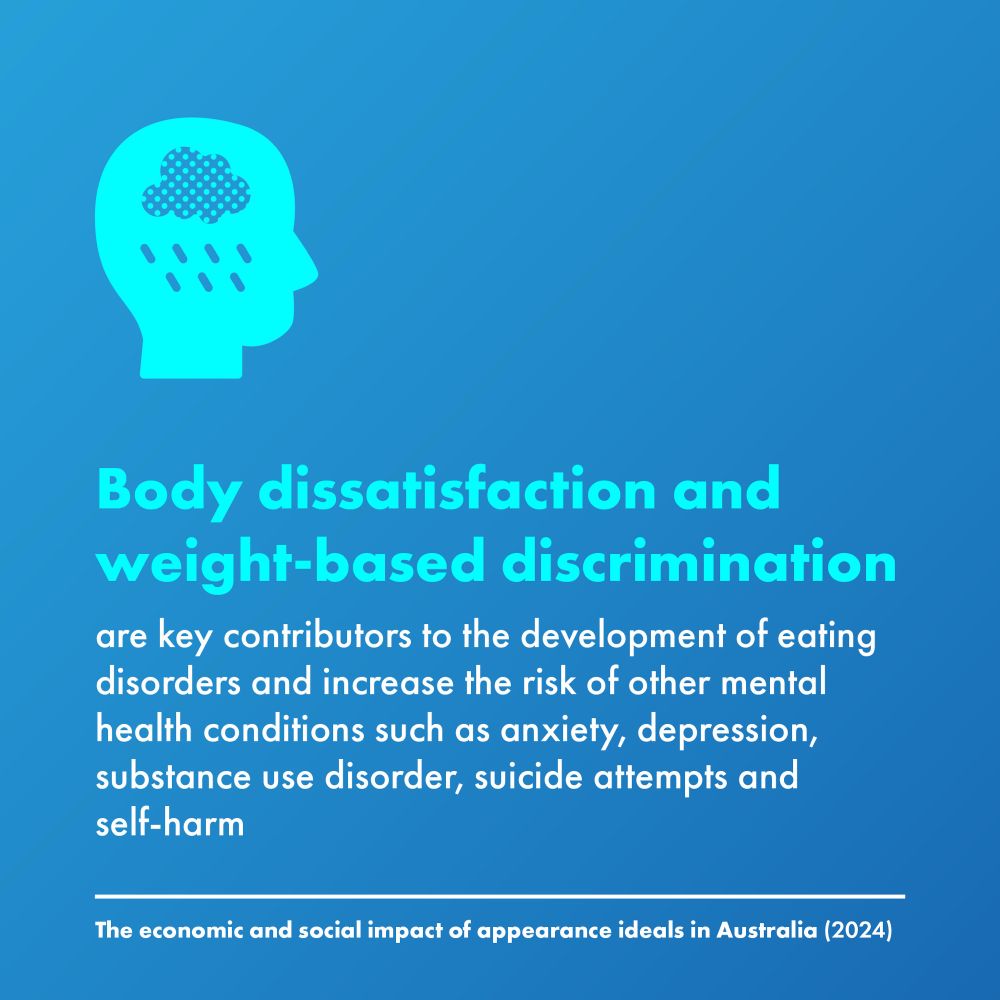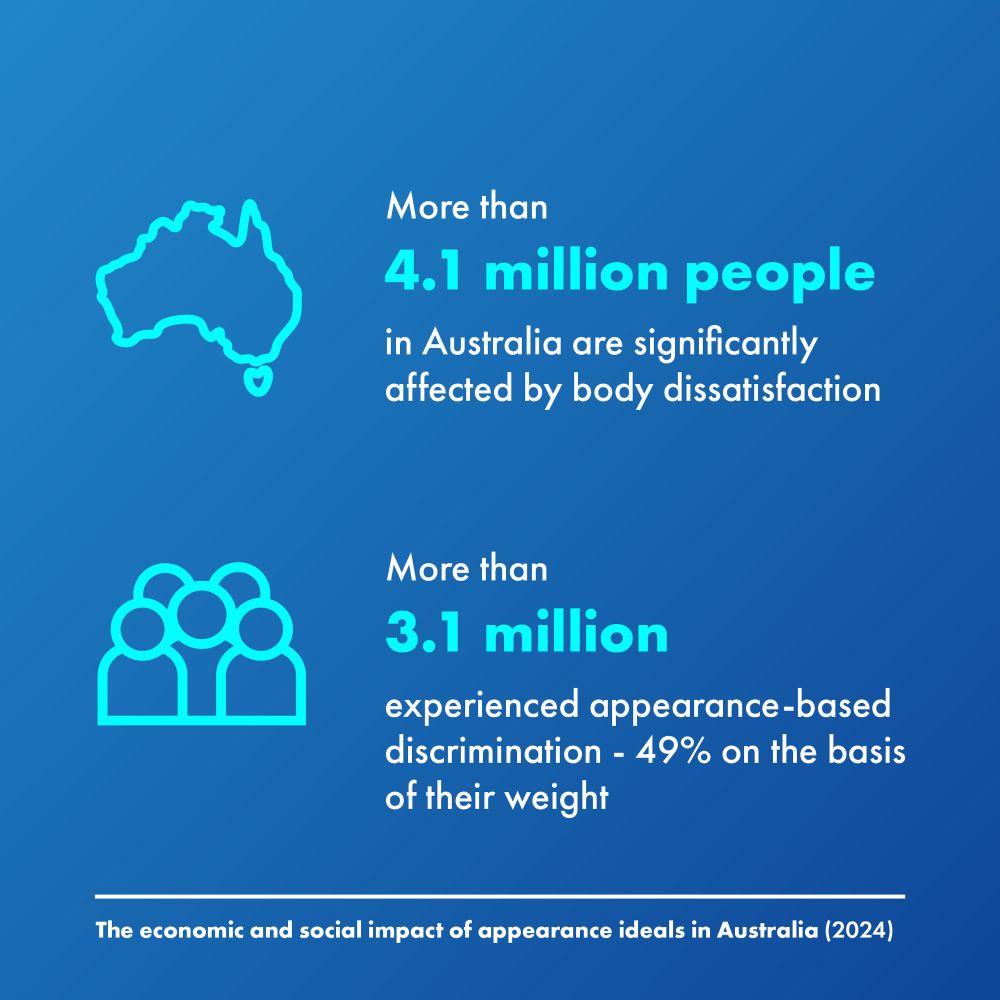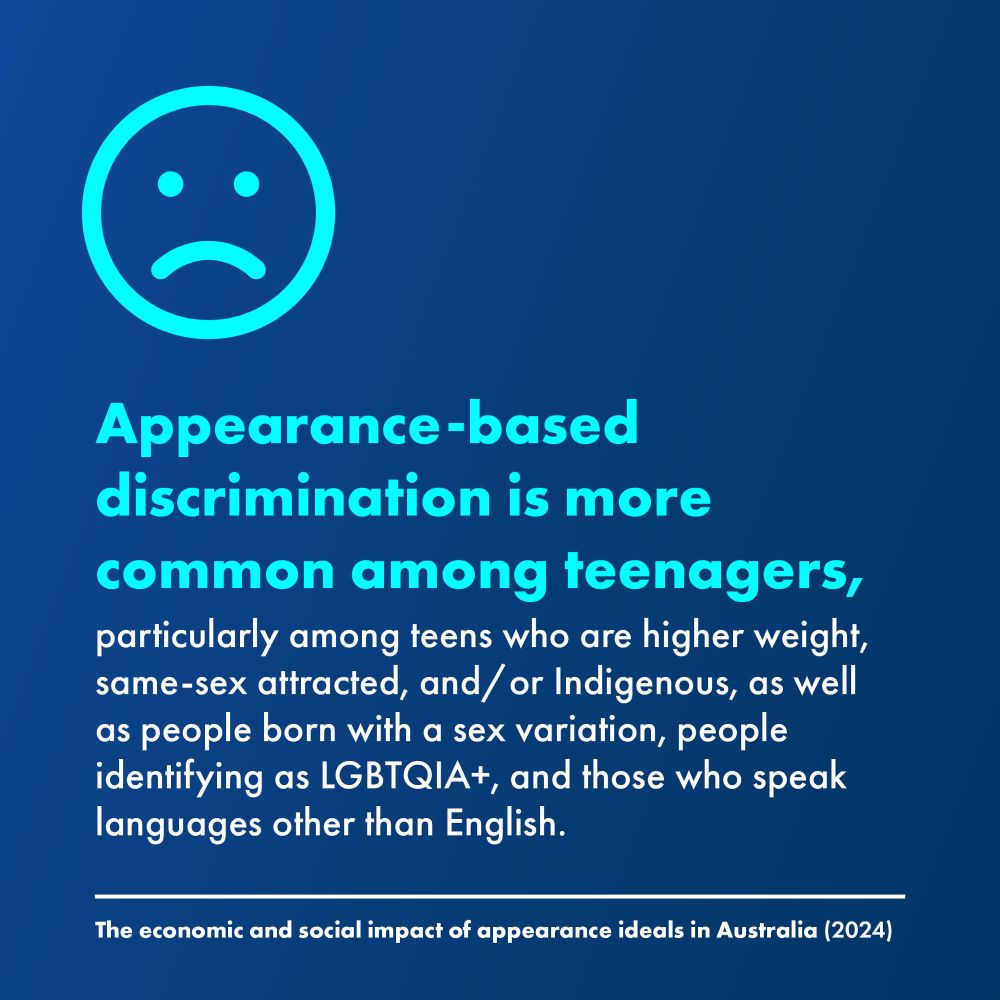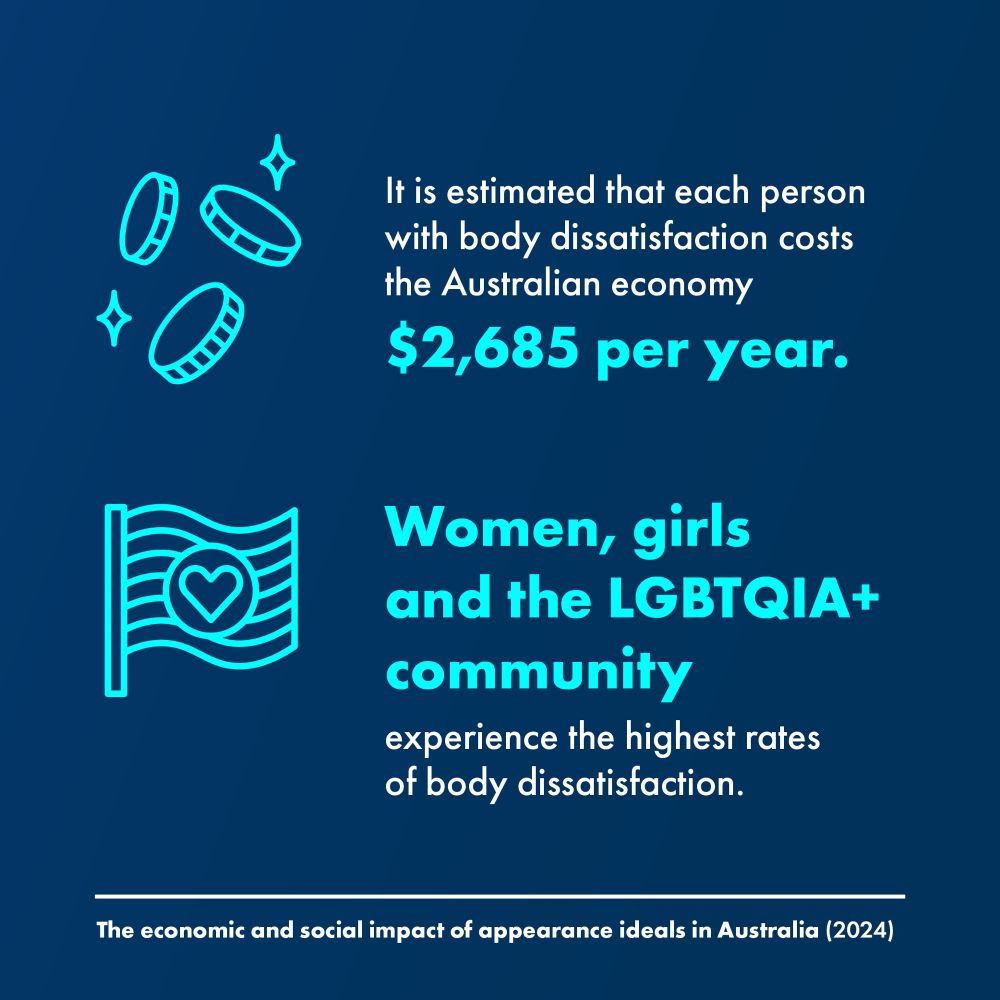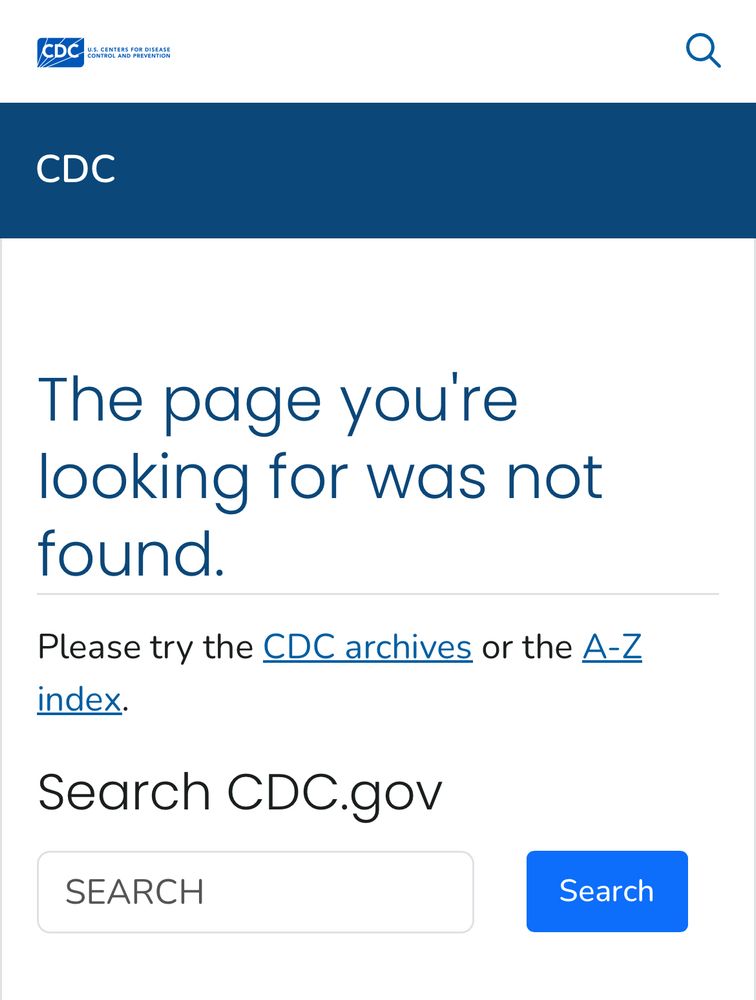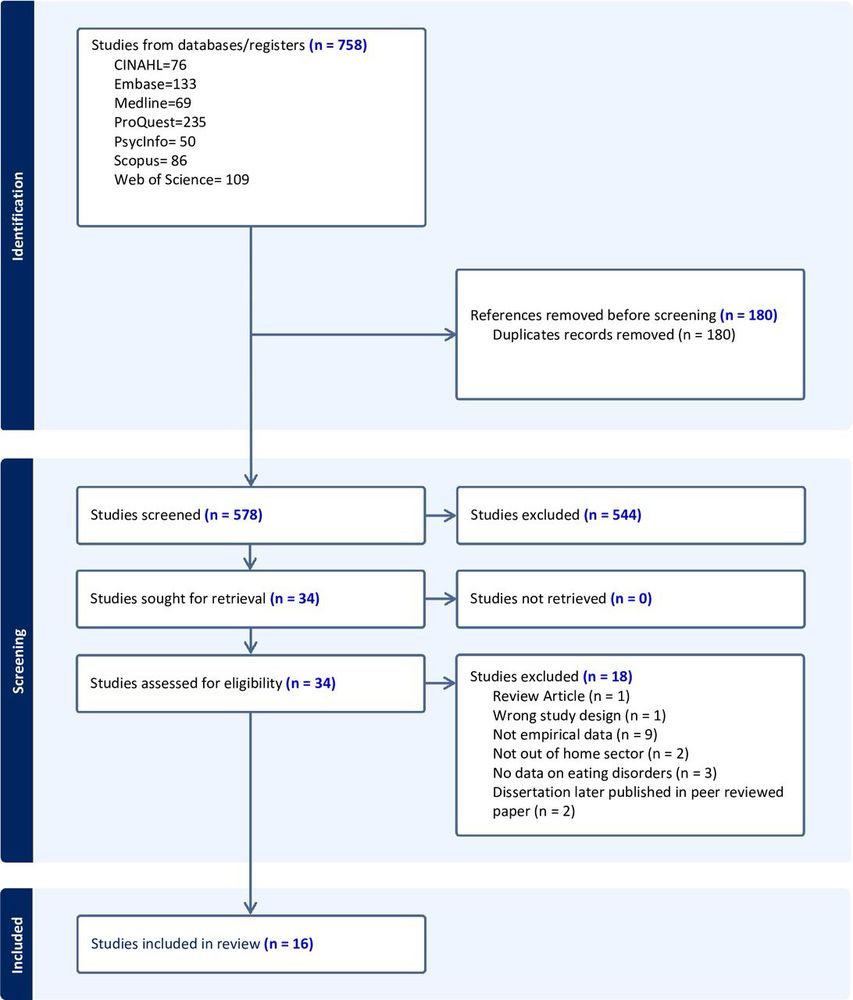Nora Trompeter
@ntrompeter.bsky.social
160 followers
190 following
11 posts
Post-doc at UCL. Researching eating disorder development & maintenance in adolescence.
🔗 https://profiles.ucl.ac.uk/93723-nora-trompeter
Posts
Media
Videos
Starter Packs
Pinned
Nora Trompeter
@ntrompeter.bsky.social
· Jan 29
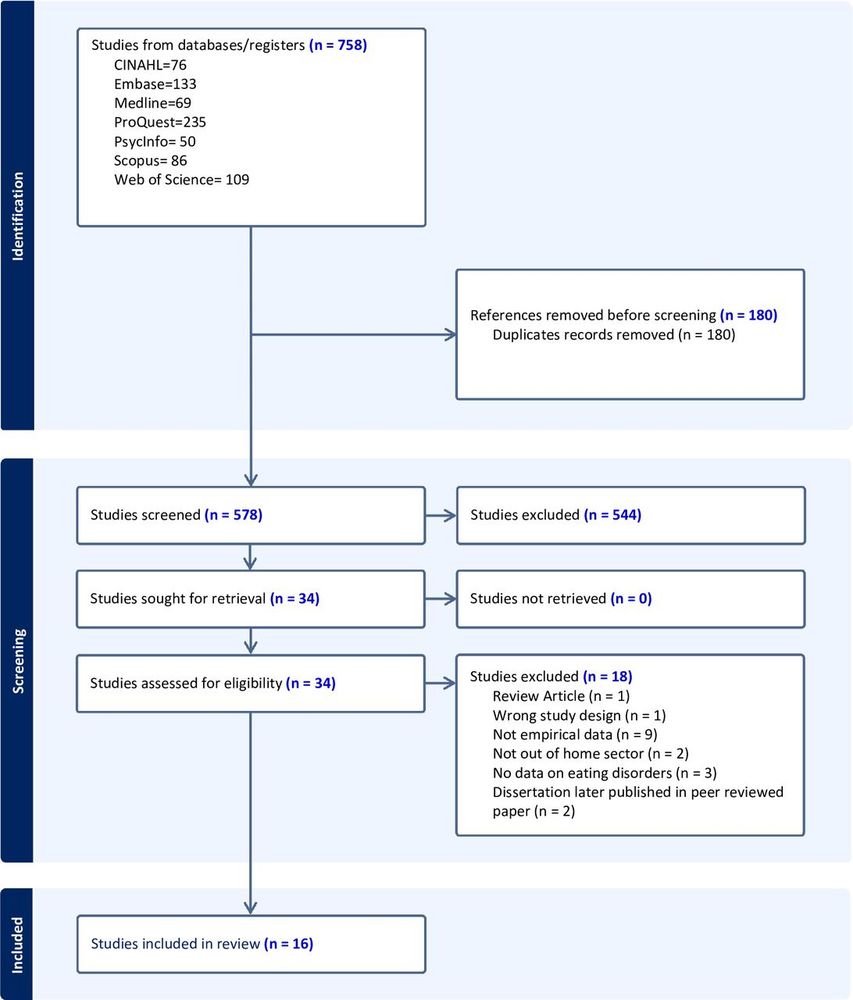
Impact of out-of-home nutrition labelling on people with eating disorders: a systematic review and meta-synthesis
Objectives Mandatory nutrition labels for out-of-home food consumption have been introduced in several countries to curb rising obesity levels. However, concerns have been raised about the potential n...
bmjpublichealth.bmj.com
Reposted by Nora Trompeter
Reposted by Nora Trompeter
Reposted by Nora Trompeter
Reposted by Nora Trompeter
Nora Trompeter
@ntrompeter.bsky.social
· Feb 26
Reposted by Nora Trompeter
Wellcome Trust
@wellcometrust.bsky.social
· Feb 24

Apply to observe a Wellcome funding advisory committee | Prepare to Apply | Wellcome
Find out how to observe a Wellcome funding advisory committee. Researchers who are considering applying for Wellcome funding in the next two years can apply to observe a shortlisting committee.
wellcome.org
Reposted by Nora Trompeter
Reposted by Nora Trompeter
Reposted by Nora Trompeter
Reposted by Nora Trompeter
Deborah Blum
@deborahb.bsky.social
· Jan 31
Nora Trompeter
@ntrompeter.bsky.social
· Jan 29
Nora Trompeter
@ntrompeter.bsky.social
· Jan 29
Nora Trompeter
@ntrompeter.bsky.social
· Jan 29
Nora Trompeter
@ntrompeter.bsky.social
· Jan 29
Nora Trompeter
@ntrompeter.bsky.social
· Jan 29




